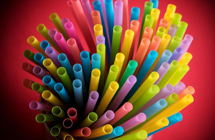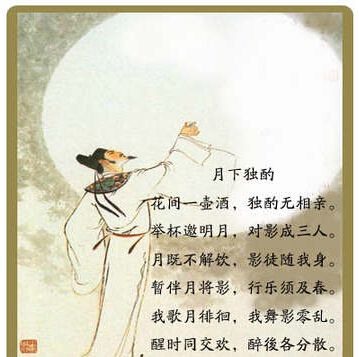英美发起反吸管运动 对塑料吸管说不
|
Every day, Americans throw away 500 million plastic straws, enough to circle the Earth twice, or fill 125 school buses. Made from fossil fuels, they are almost never recycled because they're too small and could be made from several different types of plastic. They simply contribute to the massive problem of plastic pollution; eight million tons of plastic is dumped into the oceans every year.
小小的塑料吸管竟然会造成棘手的环境问题,很多成人可能都没有意识到,但是美国一个9岁的小孩却意识到了,还发起了第一场反吸管运动,让塑料吸管成为可选项。 Plastic straws are now the target of a growing movement to reduce their use. Possibly the first of such campaigns, Be Straw Free was started in 2011 by Milo Cress, who was only nine years old at the time. "I noticed that whenever I ordered a drink at a restaurant, it would usually come with a straw in it, and I don't usually need a straw," he said. "This seemed like a huge waste. Straws are made of oil, a precious and finite resource. Is making single-use plastic straws, which will be used for a matter of minutes before being tossed away, really what we want to do with this resource?" Cress started asking restaurants in Burlington, Vermont, where he lived at the time, to stop providing straws automatically to customers and make them optional instead. Many agreed and his request made ripples nationwide. He says that restaurants that make the switch report a reduction in the number of straws they use between 50 and 80%. 而在大西洋的另一头,英国人也开始采取措施应对塑料吸管造成的浪费和污染。英国一家连锁酒吧选择使用比塑料吸管更环保的替代品。 The anti-straw sentiment has crossed borders into the UK, where straws have been included in a government plan to ban all plastic waste by 2042. Last year, large pub chain Wetherspoons announced that it would replace plastic straws with paper alternatives across 900 outlets. After the announcement, many smaller chains and pubs across the country followed suit. According to Wetherspoons CEO John Hutson, the move will save 70 million plastic straws a year and the reaction from patrons has been "very positive."
"There are many other viable alternatives to single-use plastic drinking straws that are less harmful to the environment, wildlife and humans," she said. Some people use straws to reduce the damage of sugary or acidic drinks to their teeth, or due to special requirements. "There are disabled people who write me to tell me they carry reusable straws with them -- many reusable straws even come with a carrying case," said Cress. "There are reusable glass, stainless steel, copper, bamboo, and several other kinds of reusable straws." By not demonizing the straw as an object, he thinks activists can hope to achieve better goals. "I am not out to ban straws. I think it's much more effective to encourage people to make the choice not to use them. Voluntary participation encourages people to spread the word. Forcing people to do things is not always the most effective way to make a change." |









